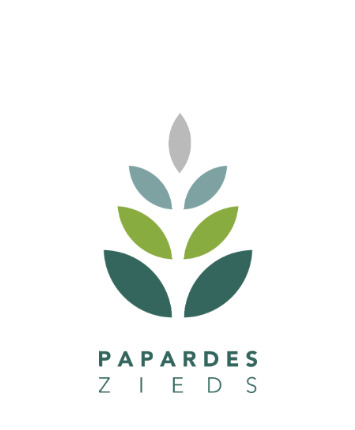

| 31 March 2016
Latvian Association for Family Planning & Sexual Health
The Latvian Association for Family Planning & Sexual Health (LAFPSH) focuses on information, education and training activities for health personnel and the general public, and sex education for teachers and young people. The organization has a highly active youth group which runs a safer sex campaign (in conjunction with national media). The group also publishes an advice section in a major youth magazine dealing with problems relating to (for example) puberty, relationships, contraceptives and sexually transmitted infections (STIs). It operates a telephone helpline which is run by young people, for young people. More broadly, LAFPSH runs seminars and workshops on sexual and reproductive health (SRH) concerns such as sexuality and people with disability, gender-based violence and menopause. LAFPSH has significant influence as an advocate at government level, and has been closely involved in developing the national reproductive health programme. This is reflected in the organization’s active programme of information, education and communication (IEC) in conjunction with the Latvian Teachers Association. It has led to the training of over a 1,000 teachers in sex education. A project jointly supported by the Swedish Family Planning Association and the European Commission has enabled LAFPSH to produce and disseminate high quality materials on STIs, condoms and sex education. Contacts Website: www.papardeszieds.lv Facebook: https://www.facebook.com/papardeszieds Twitter: https://twitter.com/PapardesZieds

| 31 March 2016
Family Planning Association of Nepal
Established in 1959, the Family Planning Association of Nepal (FPAN) first joined IPPF in 1960 and become a full Member Association in 1969. When it was established, the idea of family planning was considered inimical to religious, cultural and social norms. With the institution of a government Maternal and Child Health Division in 1969, FPAN began to supplement and complement the national health and population programmes. Target populations include injecting drug users (IDUs), lesbian, gay, bi-sexual, trans-sexual and intersex (LGBTI) individuals, people living with HIV (PLHIV), survivors of gender-based violence (GBV) and trafficked returnees and refugees. FPAN serves these populations through an extensive network of 2,750 service points, comprising 127 static clinics, 116 mobile facilities, 184 associated clinics, 543 other agencies, and over 2,000 community-based distributors/services (CBDs/CBSs). Key areas of emphasis include adolescents' sexual and reproductive health, HIV and AIDS prevention and treatment, safe abortion, advocacy for sexual and reproductive health and rights (SRHR), the prevention of gender-based violence (GBV) and support for its victims, and the promotion of access to sexual and reproductive health (SRH) information and services to marginalized and under-served groups. With the dedicated backing of 450 full-time professional staff, 1000 community counsellors, 4000 peer educators and 11,000 grassroots volunteers, FPAN has the capacity to mobilize on a large scale, and with the support of over 20 governmental departments, non-governmental organizations (NGOs) and foundations, it has a secure funding base to maintain and expand its comprehensive programme of activities. Contacts Website: www.fpan.org







